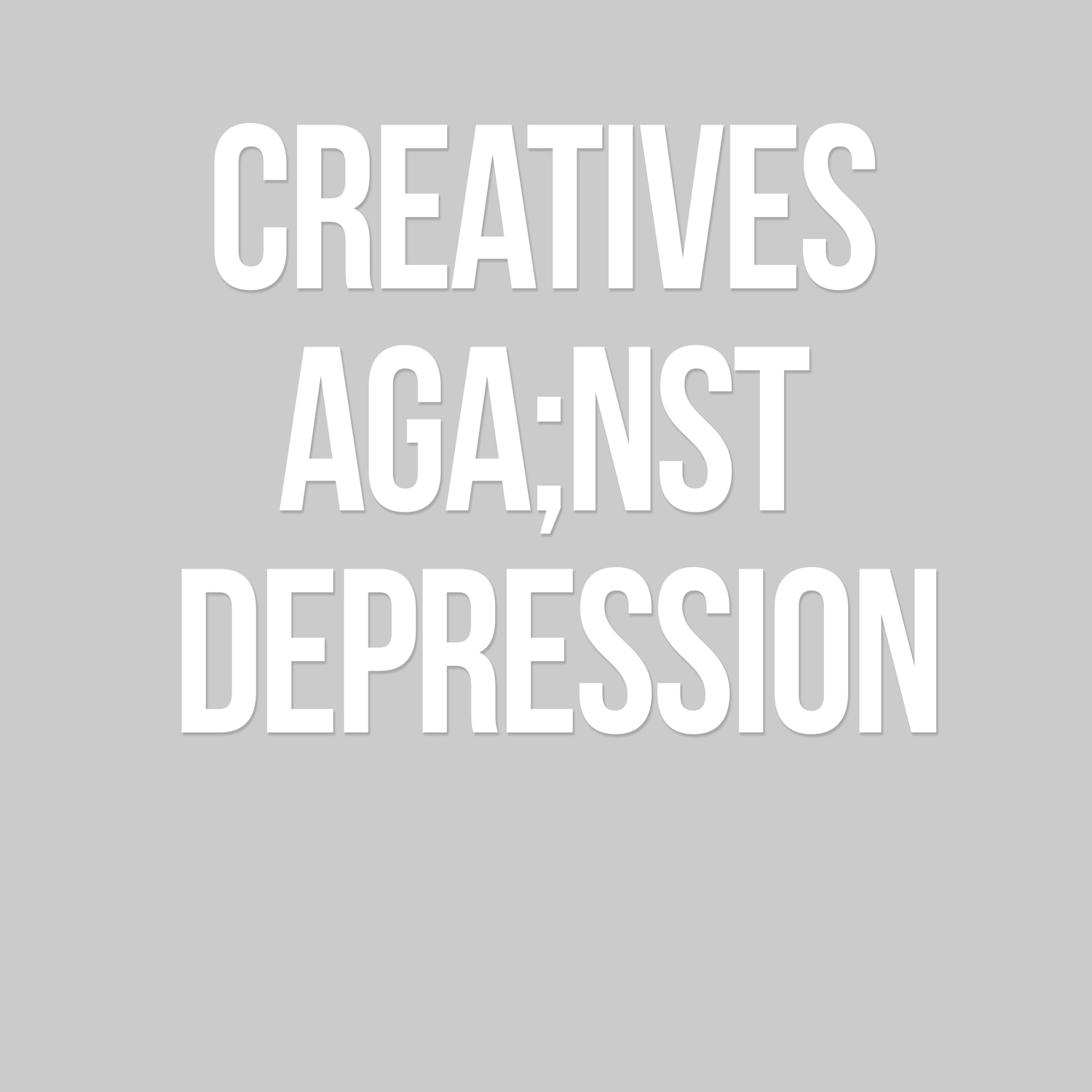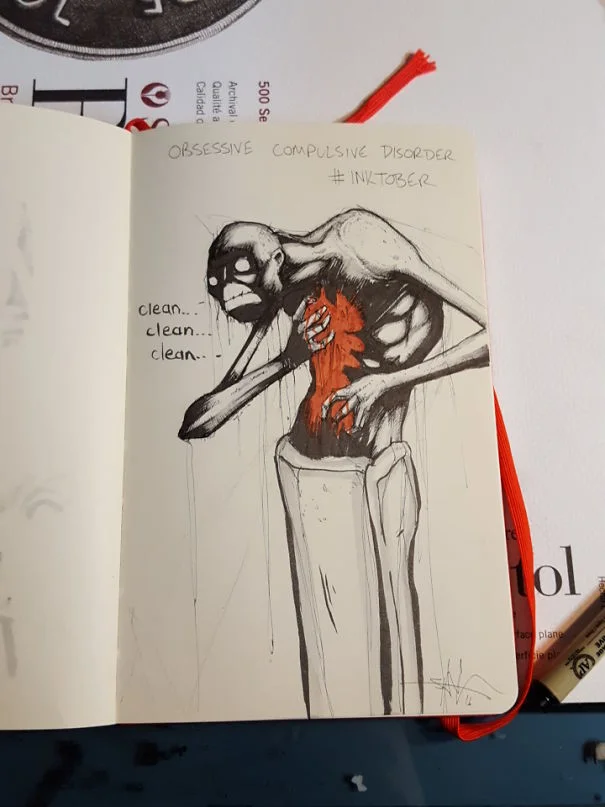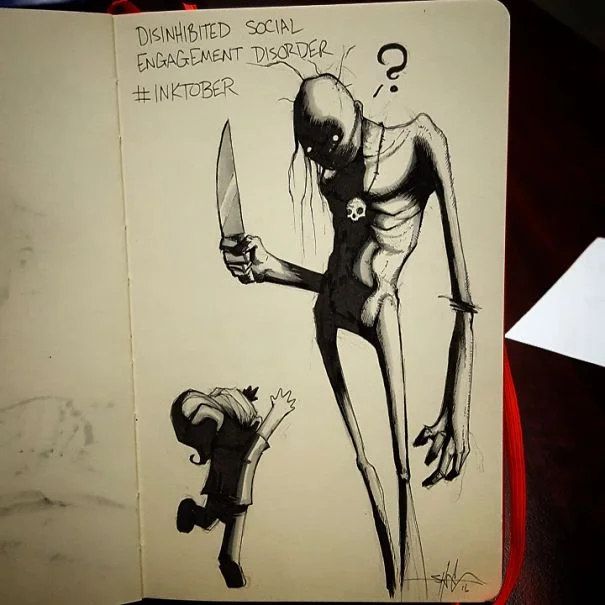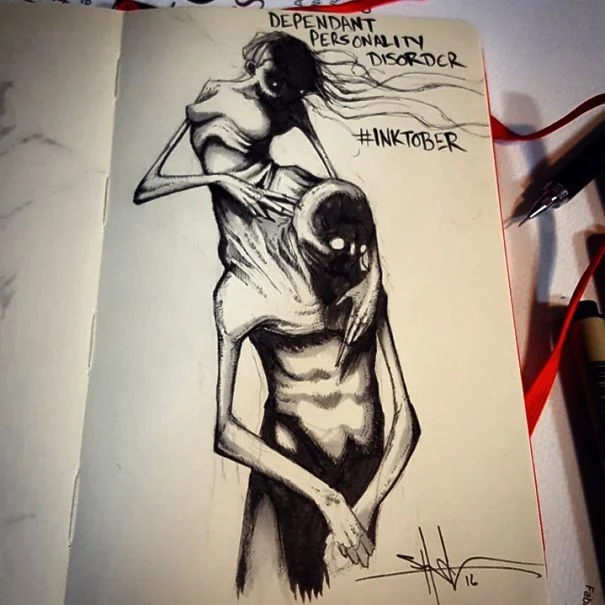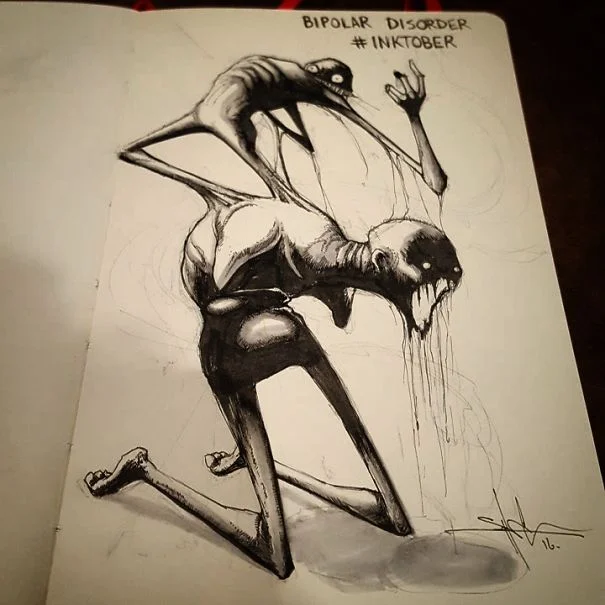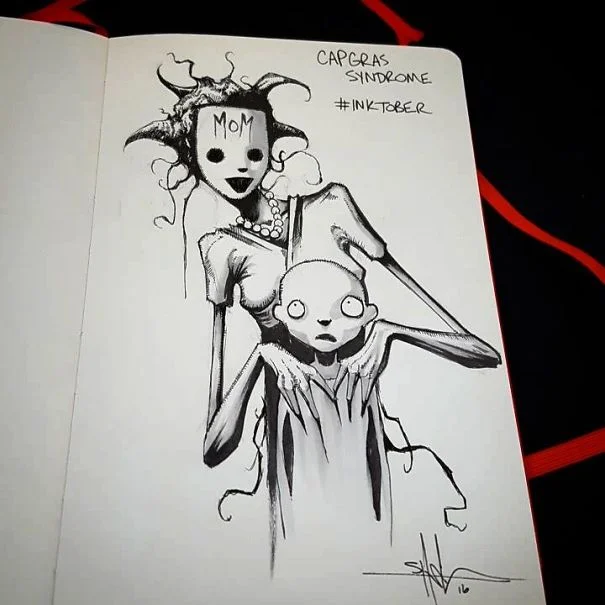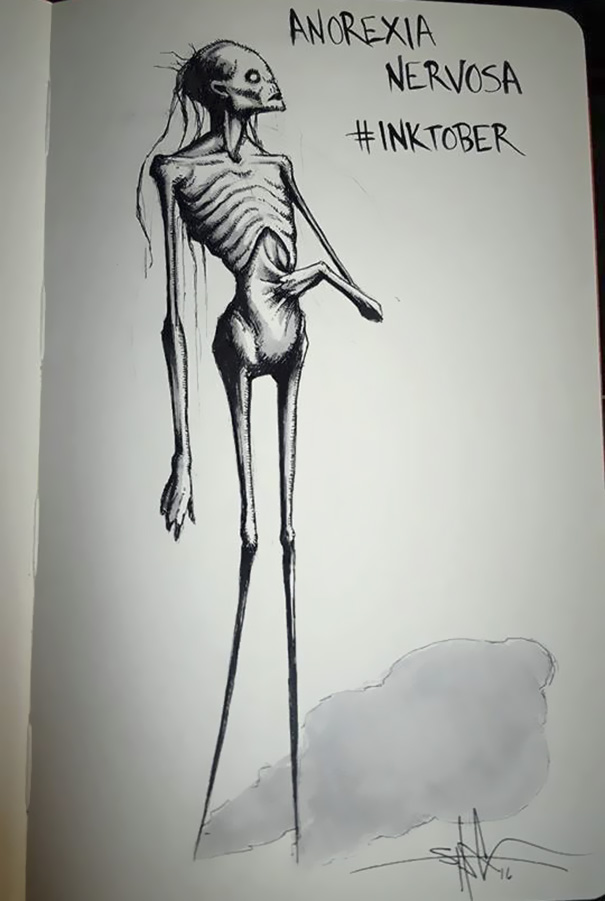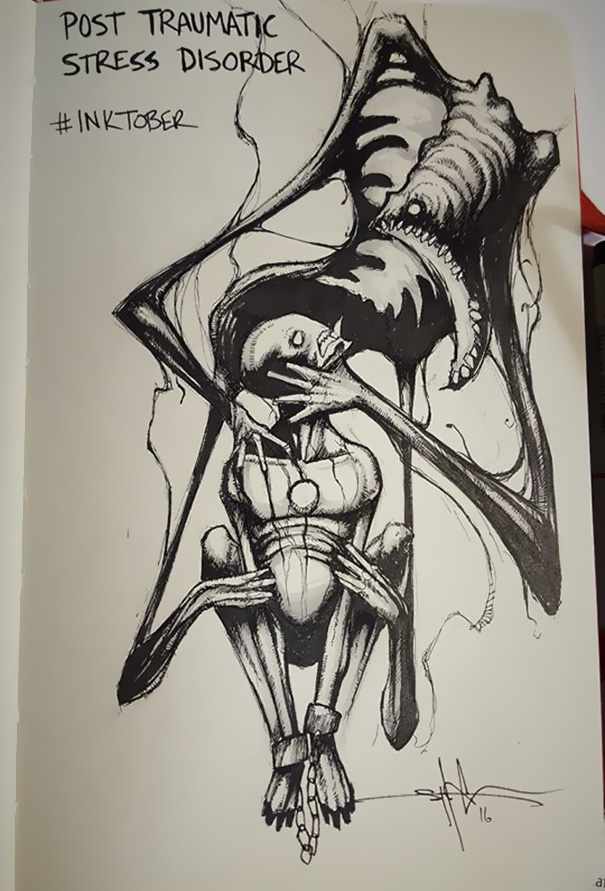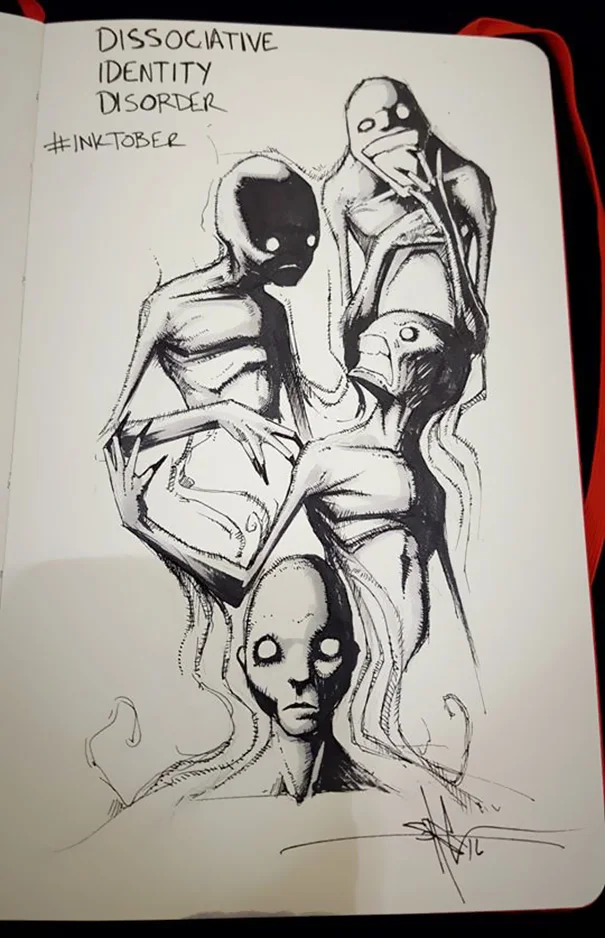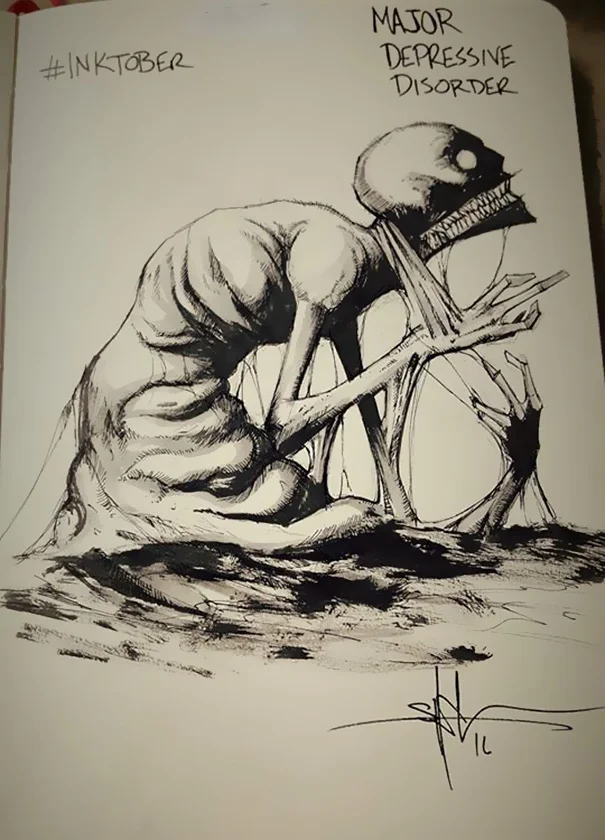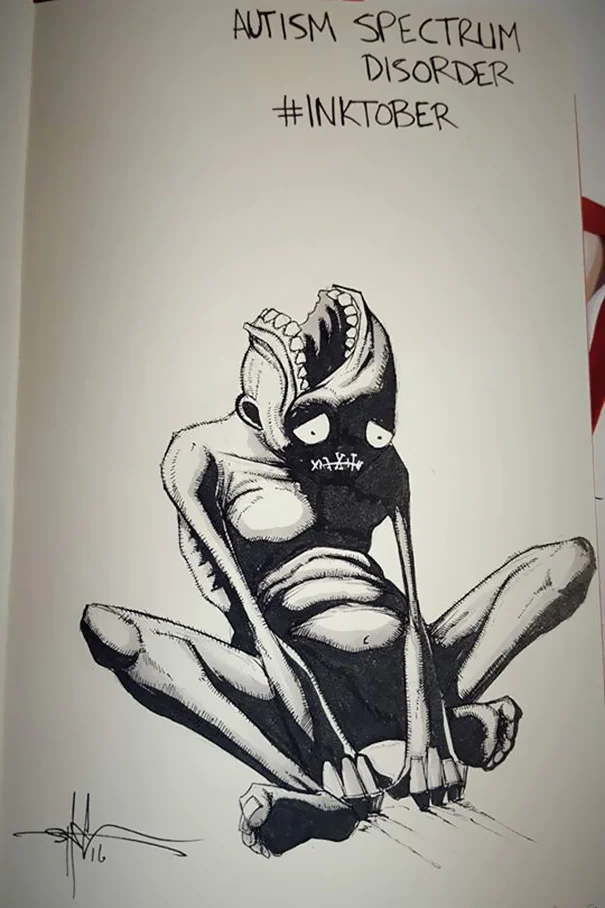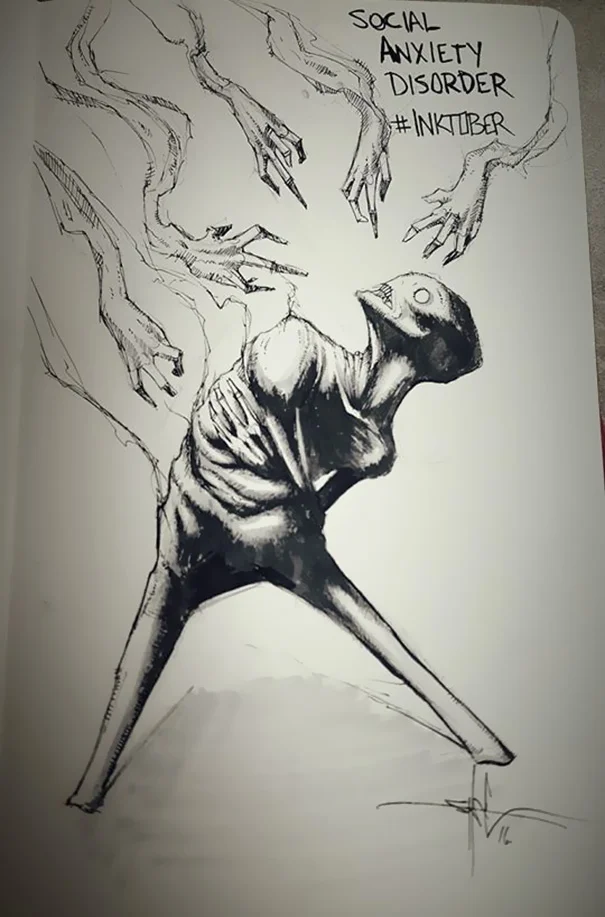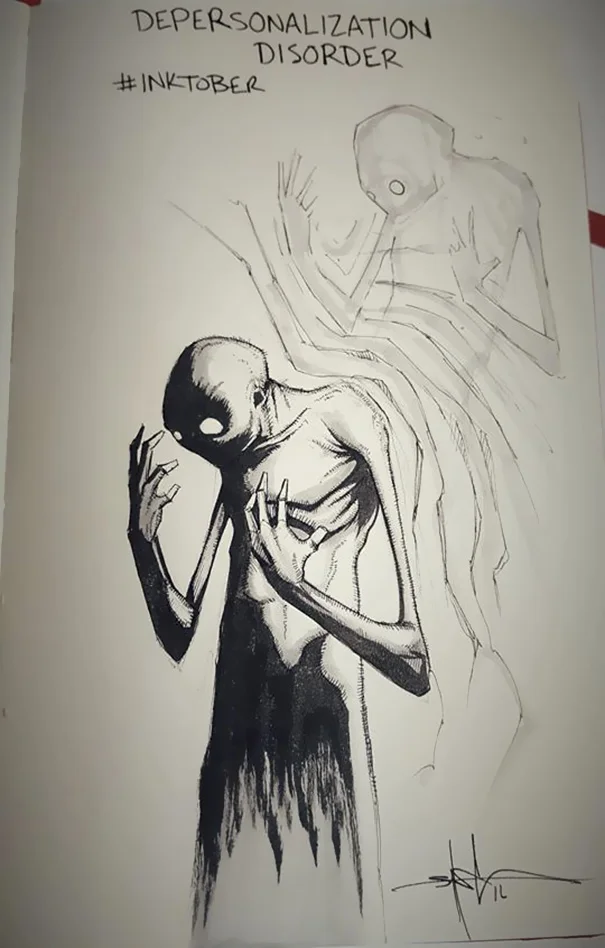All relationships take work. But, when you’re dating someone with depression, even ordinary challenges become magnified. Compound that with the heavy burden of trying to effectively support your partner through their depression, and you can very quickly find yourself feeling completely hopeless. You should never try to fill the role of a therapist, but you can implement strategies, specifically ones recommended by mental health professionals, to provide support while balancing your own needs.
Tips for Dating a Partner That Has Depression
1. Learn About Depression
Awareness is power. Understanding the types of symptoms your partner faces will help you have more patience and empathy. You’ll also learn that sad moods and irritability are not always caused by any particular event or action. Learning about depression will also help your partner feel more understood.
2. Ask Them Questions
When someone we love hurts, it’s common to try and immediately fix it. Instead, ask your partner questions about their needs. Simply asking, “what can I do to help?” creates a meaningful conversation that helps them feel heard and allows them to express what they want. Even if the answer is “I don’t know,” expressing your support and willingness to help offers comfort.
3. Be Patient
It’s normal to feel frustrated when the emotional burden of depression looms over your relationship. One of the most powerful and helpful tools you can offer your partner is being patient. Patience is especially crucial with difficulties such as low libido. You can’t fix your partner, but you can let them know that they have space to struggle.
4. Save the Advice
Although you have the best intentions and maybe even good advice, it’s not your place to offer advice. Instead, frame your “advice” as encouragement. Avoid using terms like “need” or “should” and focus on encouraging them to engage in helpful activities. Avoid saying: “You need help”, “You need to go outside” or “You should eat healthier.” Instead, try framing it like this: “Maybe a long walk outside will make you feel better.”
5. Don’t Take It Personally
Depression often causes people to lose interest in doing things they once enjoyed. On difficult days, it can feel like climbing a mountain just to get out of bed. If your partner seems short, distant, irritable, or disinterested– don’t take it personally. The symptoms of depression can often wear people down to the point where they say things they don’t mean or behave in ways that don’t reflect how they truly feel. Remind yourself that this illness zaps away joy and has nothing to do with your role as a partner or their desire to spend time with you.
6. Be There
Sometimes, the best support you can offer is merely being there. You can’t fix it or take away the pain, but you can sit with them as a supportive force while they endure it. It may be uncomfortable at first, especially if your partner is hurting greatly. You don’t need to discuss anything, you don’t need to offer solutions– just be there. You may sit together in silence, hold them while they hurt, or lay together. Your emotional support offers them a feeling of safety and stability.
7. Take Care of Yourself
It’s normal to feel stressed, worn out, or even resentful when your partner is experiencing depression. It is common for partners to lose sight of their own needs, which can bring many negative feelings into relationships. Make sure to prioritize your own self-care by taking time to exercise, decompress, eat right, and reach out for support when you need it. You won’t be much help to your partner when you’ve stretched yourself too thin anyways.
8. Set Boundaries
Sometimes, a person with depression will act in a way that’s disruptive to your life. This may mean things like canceling plans or lashing out. Even though you understand that depression is the cause, it can still be hurtful. Create boundaries for yourself where you preserve your own needs while not causing your partner harm. For instance, when your partner cancels plans you were excited about, go ahead and do them anyways. During arguments that turn nasty, you can remove yourself from the situation to de-escalate. Healthy boundaries protect you and your partner from mounting resentment and negativity.
9. Re-Think Communication
When your partner has negative thoughts and cognitive distortions like “nobody loves me” or “I’m a failure,” it’s normal to want to tell them how silly that sounds. A more helpful approach is to validate your partner’s struggles without agreeing. You can try saying things like, “I know depression makes you feel that way, but I’m here, and I love you,” or “that’s a tough feeling to endure, I am here to support you through that.”
10. Repeat, Repeat, and Repeat
Telling your partner you love them, you’re attracted to them, and that they are special can all feel futile as they experience depression. Even if your partner doesn’t deem receptive, it’s important to still offer them affection. Your “no-strings-attached” affection creates a feeling of safety as they struggle with difficult emotions.
11. Practice Gratitude
It can be emotionally draining and feel unfair to experience a relationship with depression. Set a timer on your phone each day that reminds you to practice gratitude. During this moment, write down or mentally list one to three things you are grateful for. This act will help you regain perspective and encourage positive thinking–reducing stress and improving happiness.
12. Reach Out
It’s possible to feel overwhelmed by your partner’s experience with depression. Don’t be afraid to ask for help. You can talk to a trusted friend, support group, or find a professional counselor to help you through your own emotions. Reaching out can help you practice your communication and build your coping skills.
13. Be the Team Captain
A relationship requires teamwork, and it’s rarely 50/50. When one team member is hurt, the other must sometimes take on more responsibilities to keep things moving. Depression makes it hard to focus, feel motivated, and do daily activities. Similar to if your partner broke their leg, you might need to amp up your contributions as they work through their symptoms of depression. After all, you’ll need their extra support one day too!
14. Find Compassion
Some days, it can be difficult to find compassion. You’re frustrated, overwhelmed, and feel under nurtured. Remind yourself that this person you love is hurting in a profound way. Their actions and behaviors are often due to the chemical imbalances in their brain caused by depression. Think of how hard it must be for them to feel sick and in pain every day, and dig deep to find compassion in those moments.
15. Go Together
If your partner is hesitant or lacking the drive to go to therapy or do other healthy activities– offer to do it together. For instance, engaging in online couples and marriage counseling services can be an excellent way for both partners to find external support and learn healthy coping mechanisms while avoiding the obstacle of convincing your partner to leave home. Similarly, getting your partner motivated to engage in activities like walks and dinners is easier when you go along with them.
16. Participate in Their Healing
If your partner is actively in therapy, they will be given homework assignments and tools for healing. Partners not in treatment may also adopt some self-care habits that help combat depression. Actively participating and even joining your partner in activities like journaling, meditation, and breathing techniques encourages them to engage in healing behaviors. As a bonus, you’ll gain mental health benefits along the way!
17. Watch Your Language
Despite the wide prevalence of mental illness, there is still some stigma attached. When discussing depression with your loved one, avoid using terms like “crazy” or “mental” to describe their experience. Depression is a physiological illness that is documented and as real as asthma or diabetes. With that in mind, be delicate when talking about it and refrain from making your partner feel flawed or weak. They are bravely weathering the storm, and they deserve to do so with dignity.
18. Stay Social
Some days, your partner may not feel like going out. Rather than isolating yourself socially, continue to maintain a social life. It may feel funny to go out without your partner, but socializing is an important activity for support, distraction, and revitalization.
19. Keep It Real
If your partner is getting worse and unwilling to participate in activities that contribute to their recovery– you may need to evaluate your relationship. Do your best to encourage them, support them, and offer to accompany them to any appointments. If none of these tactics work, have a direct conversation with your partner about your concerns. In some instances, you may need to reassess whether the relationship is working for both of you.
20. Keep an Eye Out
Many people with depression experience thoughts of suicide. It may not be possible to observe when people experience this internal struggle, but occasionally there are warning signs. If your partner is threatening to hurt themselves or suddenly becomes calm and at peace after a period of extreme sadness– you may want to reach out for professional help. You can also call the emergency mental health hotline by dialing 988 (in the United States).
21. Take a Deep Breath
Depression is draining to everyone involved. When symptoms are difficult, it may feel like it’s going to last forever. Remember that the severity is temporary, and there are many effective forms of treatment available (and many more being discovered). Building effective coping mechanisms with your partner (and on your own) will help you weather the storm. Relationships sometimes require a great deal of nurturing during difficult times. The contributions you make will benefit you both in the future.
Bottom Line
Depression robs people of many of the daily joys that we often take for granted. As the symptoms of depression wax and wane, they can create a great deal of stress on a relationship. Doing your best to learn how depression feels, communicating with your partner, and approaching your partner’s struggles with compassion are excellent strategies for managing this challenging disease. You can’t fix your partner’s depression or take away their pain, but you can offer an empathetic ear and emotional support. If you feel overwhelmed or concerned about your partner’s wellbeing, don’t hesitate to reach out for professional help.
